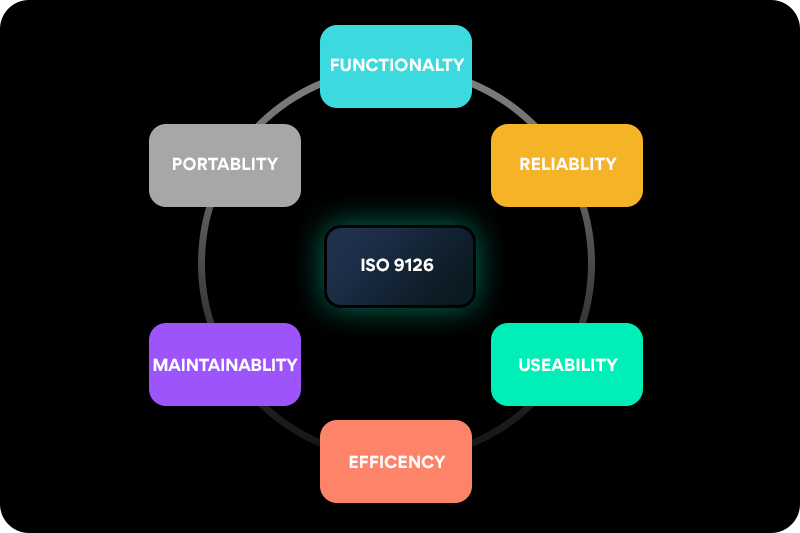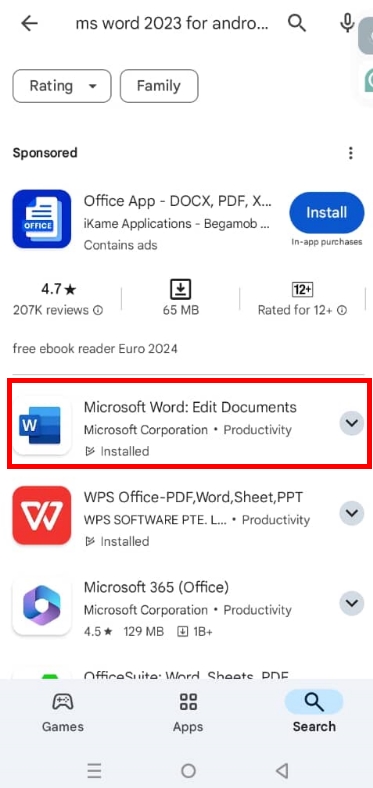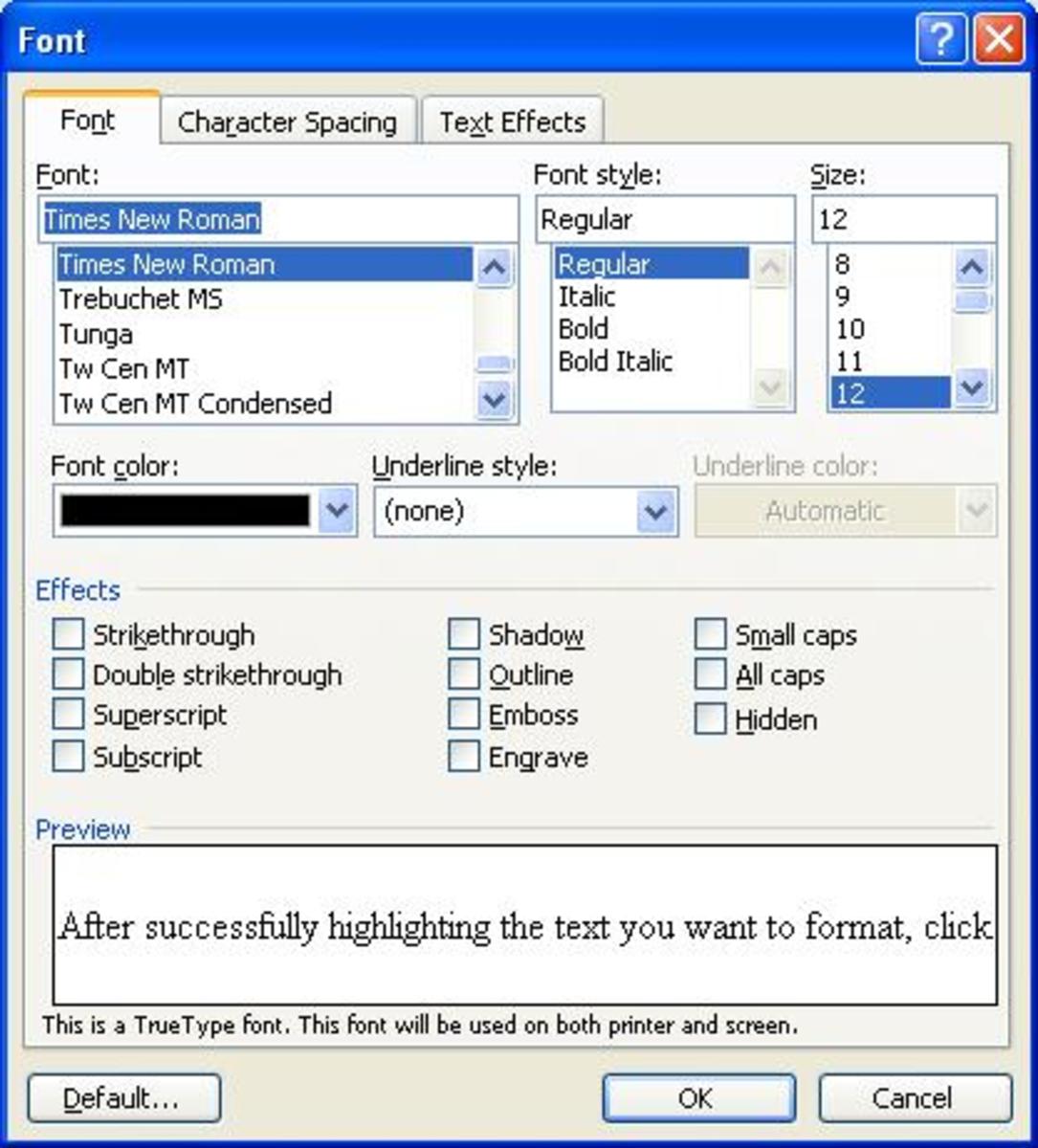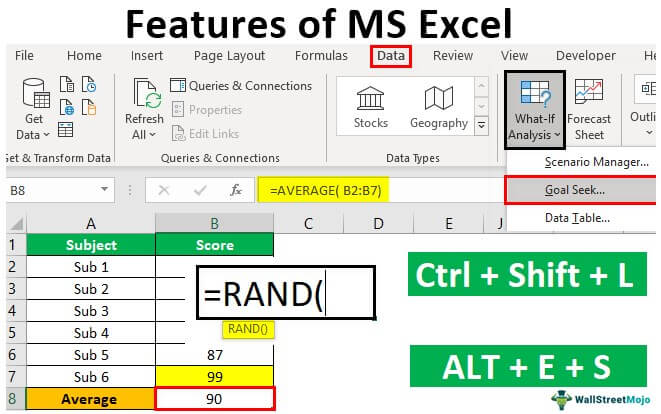Be aware of C++’s strengths and weaknesses: Understand that C++ is a versatile language, capable of creating both low-level and high-level programs. However, it is important to recognize that C++ can also introduce complexities and vulnerabilities, such as memory leaks, undefined behavior, and crashes.
Use C++11/14/17 features
The modern C++ standard introduces numerous features and improvements, such as auto, lambda expressions, and smart pointers. Utilizing these features can make your code more efficient, readable, and less prone to errors.
Prioritize readability and maintainability
Good code is self-documenting and easy to understand. Comment your code extensively to explain the reasoning behind complex or non-obvious operations. Use meaningful variable and function names to aid readability.
Avoid memory leaks and undefined behavior
Follow the rule of three/five or use the RAII (Resource Acquisition Is Initialization) principle to ensure that resources are properly acquired and released. Understand the consequences of using raw pointers, especially in the context of memory management.
Optimize performance and resource usage
Profile your code to identify bottlenecks and optimize these areas accordingly. Use modern algorithms and data structures to enhance efficiency. Consider using object pooling, caching, and other performance optimization techniques when appropriate.
Adhere to a consistent coding style
Consistent coding style promotes readability and reduces the risk of introducing bugs. Consider using tools like clang-format to automatically format your code.
Keep functions and classes small and focused
Smaller, focused functions and classes are easier to understand, maintain, and test.
Minimize global variables and singletons
Global variables and singletons can introduce complexities and side effects. Avoid using them unless absolutely necessary, and prefer passing variables through function parameters.
Understand exception handling in C++
Familiarize yourself with the different exception handling mechanisms available in C++, such as exceptions, assertions, and error codes. Use these mechanisms appropriately to handle unexpected situations and failures.
Learn and utilize appropriate design patterns and best practices
Understand and apply design patterns like Singleton, Factory, and Observer. Follow the SOLID principles and other best practices to write efficient, maintainable, and scalable code.
Remember, continuous learning and improvement are crucial for mastering C++ and developing effective coding practices.
About Author
Discover more from SURFCLOUD TECHNOLOGY
Subscribe to get the latest posts sent to your email.




